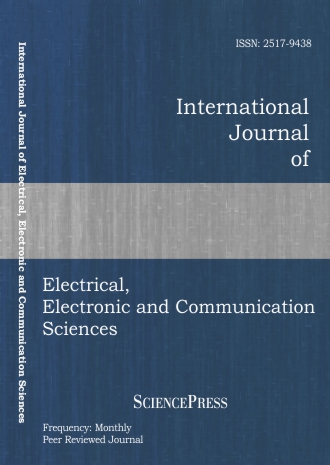
Scholarly
Volume:4, Issue: 2, 2010 Page No: 238 - 242
International Journal of Electrical, Electronic and Communication Sciences
ISSN: 2517-9438
1417 Downloads
A Single-Phase Register File with Complementary Pass-Transistor Adiabatic Logic
This paper introduces an adiabatic register file based on two-phase CPAL (Complementary Pass-Transistor Adiabatic Logic circuits) with power-gating scheme, which can operate on a single-phase power clock. A 32×32 single-phase adiabatic register file with power-gating scheme has been implemented with TSMC 0.18μm CMOS technology. All the circuits except for the storage cells employ two-phase CPAL circuits, and the storage cell is based on the conventional memory one. The two-phase non-overlap power-clock generator with power-gating scheme is used to supply the proposed adiabatic register file. Full-custom layouts are drawn. The energy and functional simulations have been performed using the net-list extracted from their layouts. Compared with the traditional static CMOS register file, HSPICE simulations show that the proposed adiabatic register file can work very well, and it attains about 73% energy savings at 100 MHz.
Authors:
References:
[1] J. M. Rabaey and M. Pedram, "Low power design methodologies,"